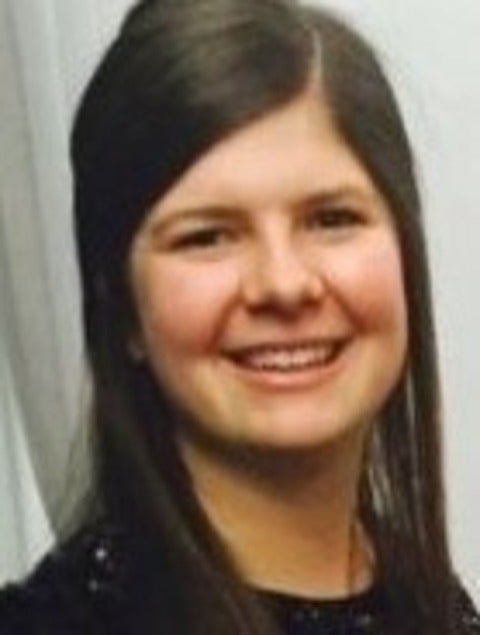Investigating the link between the central nervous system and human movement to optimize function and mobility
Here in the Neuroscience, Mobility and Balance Lab our research team focuses on:
- Understanding how the brain and other parts of the central nervous system control movements of the body.
- Translating this knowledge to help individuals improve their recovery after a neurological injury, such as a stroke.
- Understand the utility of wearable sensors to characterize activity and health measures in aging and neurodegenerative populations.
We interpret this information to help find ways to minimize age-related effects on movement control (such as reducing the risk of falling). We conduct research in university-based labs, in hospital-based labs and in the community using advanced measurement systems.
News
Welcome to Spring 2022!
Spring has sprung! Good-bye winter cabin fever!
Along with the the sun and warm weather comes some new teammates in the NiMBaL group! Phillip Drygala and Ciara Dunne join our lab as research assistants working on the ONDRI Health in Aging, Neurodegenerative Diseases and Dementias in Ontario project (HANDDS-ONT) .
Publication on the Feasibility of Wearable Sensors for People Living with Neurodegenerative Disease
Congratulations to PhD student Beth Godkin on her recent successful publication within the Journal of Neurology, "Feasibility of a continuous, multi-sensor remote health monitoring approach in persons living with neurodegenerative disease".
Looking back on 1 year of working from home
With 2020 came an onset of chaos and uncontrollable events, many of which will stick with us for decades to come. Among the mess of a global pandemic some people at NIMBAL will remember 2020 for different (hopefully more positive) reasons! Here are some of the notable milestones that a few of our graduate students have experienced:



